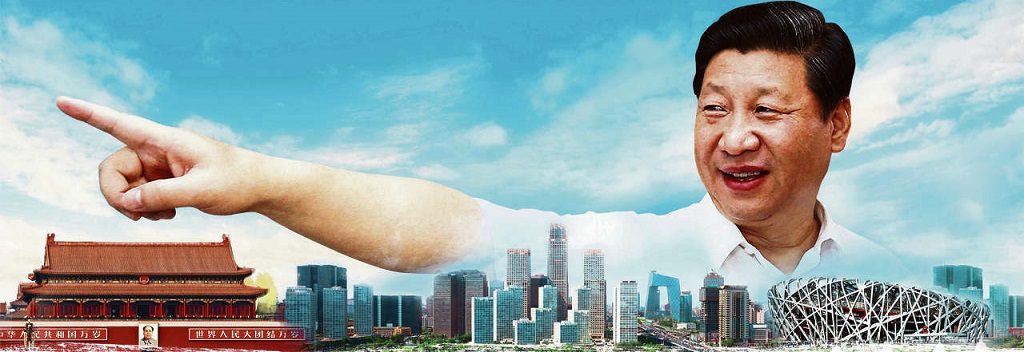
The Belt and Road Initiative (BRI), which was put forward by President Xi Jinping five years ago, has stood tests and gained acceptance. The recent Beijing Summit of the Forum on China-Africa Cooperation, which praised the initiative and its achievements, was just one of the convincing examples.
The BRI was crystalized against the backdrop of profound changes. In the mid-1980s, China’s paramount leader Deng Xiaoping decided that peace and development were the theme of the times. Some 30 years on, this brought about new changes, and President Xi summed up the changes and raised the concept of the period of “major development, transformation, and adjustment”. The BRI reflects the changes of the times, and conforms to the needs of all countries longing for peace and development.
First, economic globalization. The BRI is an important step in making economic globalization more equitable and rational. Economic globalization is a sort of natural trend and developed countries played a dominant role in the process. Economic globalization, however, is also a double-edged sword; while bringing vigor and vitality to the economy and promoting sustainable global growth, it also poses challenges and risks to the economic security of all countries, particularly developing nations. As a natural result of economic globalization trends, the BRI is aimed at building a unified, open, balanced, and nondiscriminatory world market and developing and improving universal norms and practices for global economic activities. The initiative is also aimed at supplementing the globalization drive and at recognizing the different models of economic development. In this sense, the BRI is the best manifestation of the spirit of the times. Any anti-globalization activities could not possibly derail economic globalization. China is a staunch supporter of economic globalization, a process which was actually dominated by the developed, capitalist countries.
Second, global multipolarization. The BRI is part of an effort to promote multipolarization and to seek to establish a new, just, and rational international order. In the new century, the United States, the only superpower in the world, suffered consecutive setbacks and began a downhill slide, but it still has the strength and capability to maintain its global dominance. Under the BRI, the spirit of “win-win cooperation” is upheld, and the principles of “extensive consultation, joint contribution and shared benefits” are advocated and followed. The spirit and principles should be applicable to and welcomed by all nations, including developed countries, and on the other hand, they also challenge global hegemony, trade protectionism, and unilateralism. Therefore, when there is hegemonic obstruction to the BRI, it proves the justice and rationality of the BRI and its significance in promoting world multipolarization.
Third, democratization of international relations. In accordance with the principle of “win-win cooperation”, the BRI pursues specific goals such as the “connectivity of policies, infrastructure, trade, finance, and people”, and upholds the spirit of sovereign equality of all countries, regardless of their size, strength or wealth. It conforms to the interests of all countries, particularly developing nations, and is therefore embraced by many.
The BRI is also a platform to promote the construction of a community of shared future for mankind. The “path of innovative, coordinated, green, open, and shared development” as advocated by the BRI could apply to China and the rest of the world. The BRI, serving as the means of cooperation, is an innovative measure taken by the Chinese leadership for the sake of a community of shared future for mankind, and for maintaining peace and promoting development in the new era.
